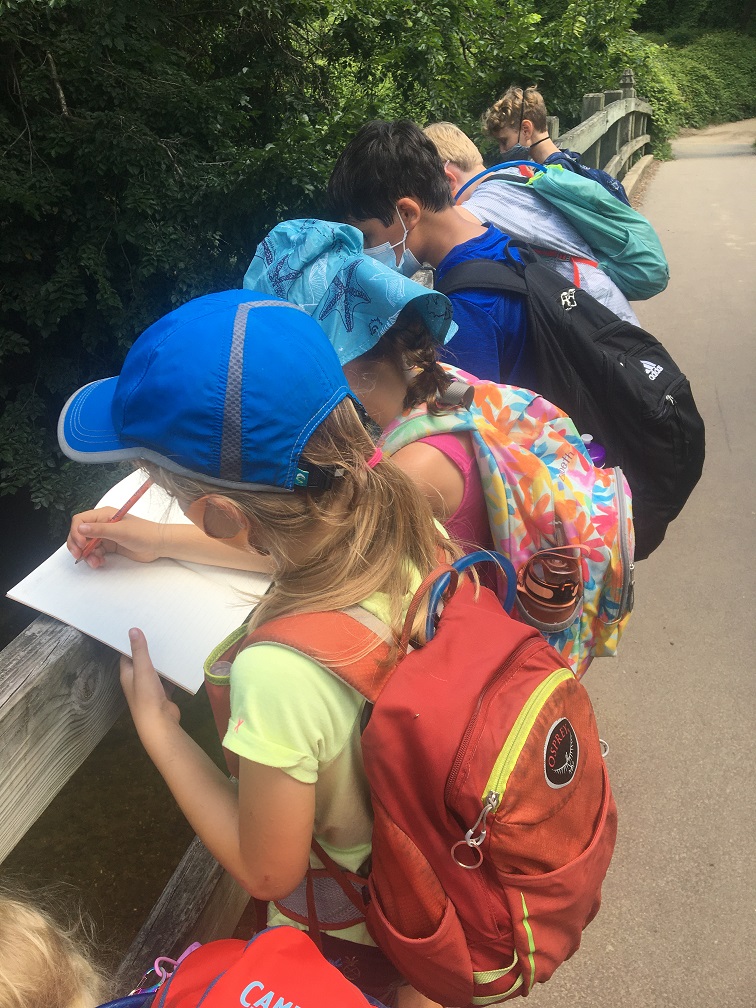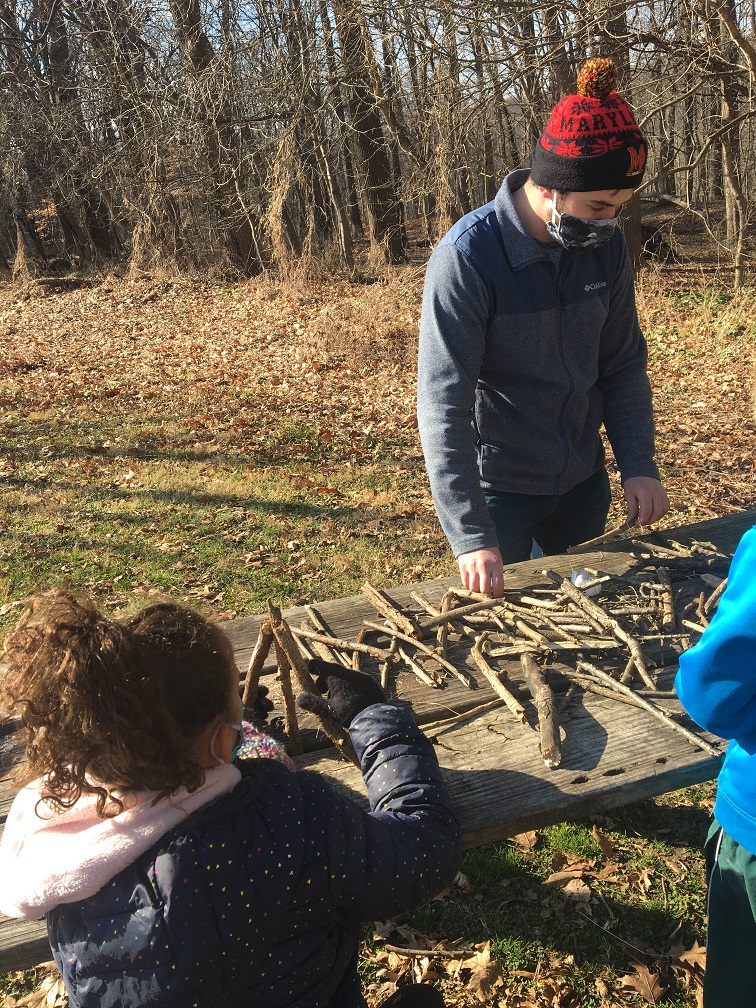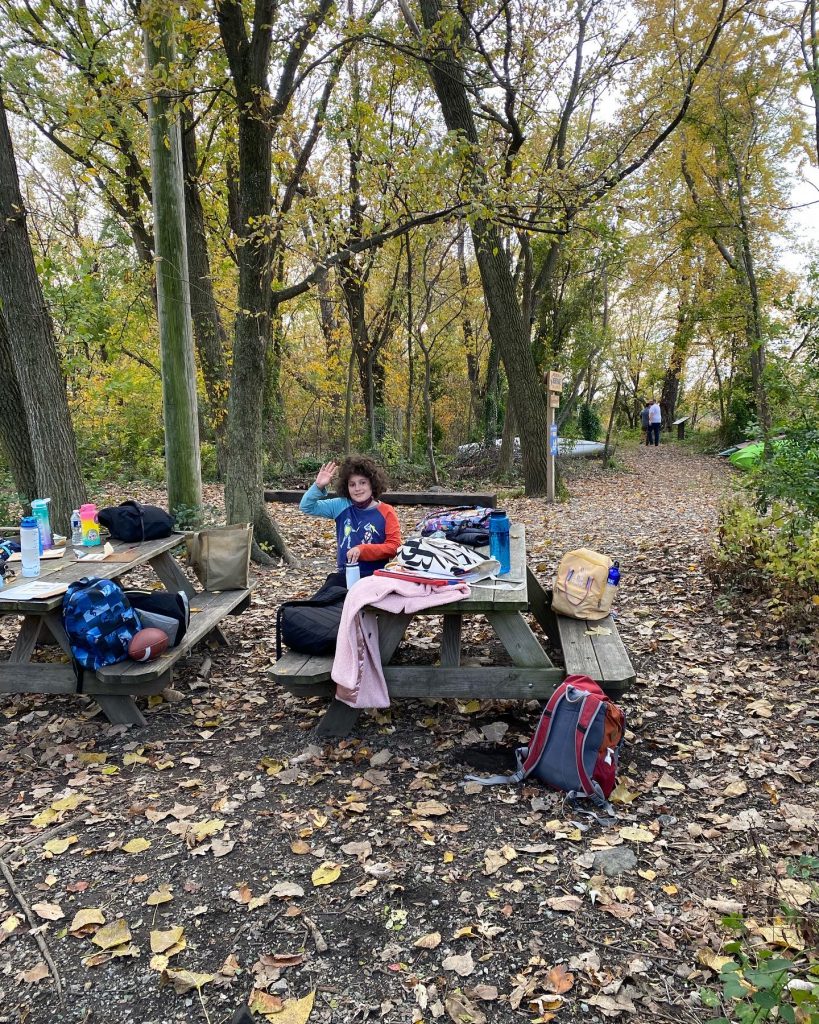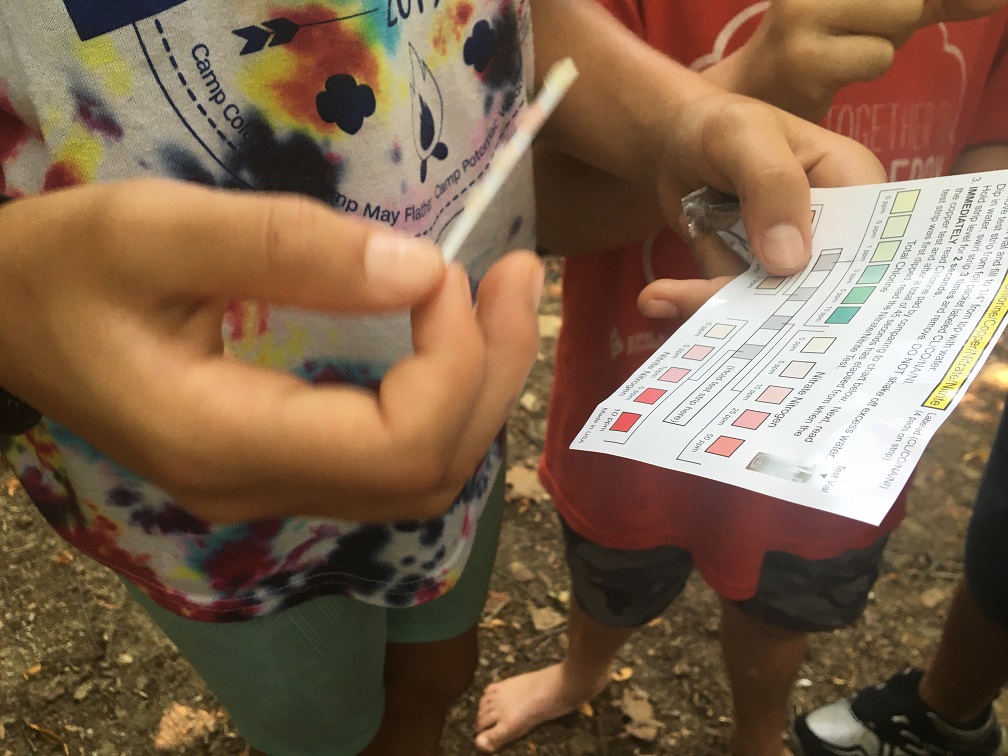
Urban Adventure Squad: The Learning that Happens When Kids are Outside
Urban Adventure Squad builds on what our moms always told us: “You need to get outside more and get some fresh air and sunshine.”
But what is in DC to attract kids to the great outdoors?
As it turns out, quite a lot.
It seems there are hidden—and not so hidden—attractions everywhere in our nation’s capital, just waiting to be explored. And it’s a sad fact that the many green spaces in DC are going unexplored by the children who live there. Urban Adventure Squad aims to change that and we like their style—so much so that we wanted to lend our support by way of our small grants program.
Urban Adventure Squad is an organization worth emulating and so we had a chat with Executive Director Elana Mintz to discover more about how even city kids can learn from the great outdoors:
Kars4Kids: Tell us something about your demographic.
Elana Mintz: We serve children in kindergarten through 8th grades from every DC ward, and from Maryland and Virginia. We’ve also had visitors to our programs from other states and countries, when they’re in DC.

Kars4Kids: What made you decide to found Urban Adventure Squad?
Elana Mintz: I’ve lived in Washington, DC since 1994, and I’ve always loved walking the city–exploring neighborhoods, wandering around the National Mall, and spending time in our incredible greenspaces. When I was looking for programs for my children, I didn’t find any that made regular use of DC’s free and low-cost resources–walkable bridges, neighborhoods rich in history, over two dozen National Park Service sites, and public greenspaces in every neighborhood.
Kars4Kids: What opportunities exist for children in DC in terms of access to green spaces?
Elana Mintz: DC is an incredible place for park access. In 2021, the Trust for Public Land ranked DC #1 for park access, in part because 98 percent of the city’s residents live within a 10-minute walk of a park. That is excellent, but we also know that our parks are underused, and they’re not always welcoming to neighbors. So we have lots of work to do to make sure that children, their families, and their schools and communities feel connected to and comfortable in green spaces.

Kars4Kids: Can you tell us about your Geocaching project?
Elana Mintz: Geocaching is a global, GPS-based, scavenger hunt. There are caches hidden in plain sight by people all over the world, and we know about them because they are visible on the free Geocaching app. We use Geocaching as a teaching tool. It can help students everywhere access game design, neighborhood history, environmental science, city infrastructure, navigation, and so much more. In 2018, through a grant from the DC Department of Energy and Environment (DOEE), we did a project with three schools called “Geocaching DC’s Waterways,” in which students learned about the effects of pollution on the Anacostia River and then hid geocaches all around Washington, DC, that shared what they learned. Anyone living in or visiting DC can go find them!
Kars4Kids: What can children learn about the environment from a hike in Rock Creek Park or along the Anacostia River?
Elana Mintz: The learning opportunities are endless. For example, if you take a ride on the DC Streetcar, you can learn about this fun, exciting mode of transportation that runs on electricity. Then you can get off at the last stop (Benning Rd and Oklahoma Ave., NE), and walk onto Kingman and Heritage Islands on the Anacostia River, where you can see turtles, Great Blue Heron, and other beautiful, wild creatures. You can also learn about the significant environmental challenges to the river by looking at the number of plastic bottles and trash in the water. And you can learn about land restoration and preservation by walking along the trails and the river. You can also take a paddle in a canoe!

Kars4Kids: Can you tell us a bit about your project “DC’s Hidden Waterways?”
Elana Mintz: This was our first environmental education grant from DOEE and it was life-changing for us. We finally had the funding and time to create and implement a curriculum that reflected the community- and neighborhood-based model we were developing. The goal of the project was to teach students–through field trips, local hikes, map-making, and visits with local environmental educators–how to identify hidden bodies of water in Washington, D.C.; why and how buried streams affect the health of the Anacostia River; how litter affects D.C.’s bodies of water, particularly the Anacostia; and how daylighting (or restoring) buried streams reduces stormwater runoff and improves the health of our waterways.
As part of this grant, we created a free, web-based resource for educators and families.
Kars4Kids: How many schools take advantage of your classroom activities? Can you tell us about the activities?
Elana Mintz: We work with schools through partnerships that might last an entire school year or part of a school year, and we also work with teachers to help them incorporate outdoor learning into their school day. The most successful are when we can see children regularly, know their names, and share with them activities they can do at home, back in their classrooms, or with neighbors. These might include an exploration of impervious and pervious surfaces on their block or on school grounds, a hike to learn about local Black history, or a walk to identify and measure the age of local trees. We are working on a guide that shows all of the curriculum connections that are possible through our lessons. We may have an idea that outdoor learning means environmental education. It goes far beyond that–it’s taking a broader look at how to bring the outdoors into the classroom, and how to bring the classroom outside.
Kars4Kids: Can you tell us about the importance of getting kids—especially city kids—outside?
Elana Mintz: I don’t think there’s any more important time than right now, but it’s been urgent for many years. Our educational approach is based on containment–we seem to think that children are safer indoors, and that outside equals recess while indoors equals learning. This is particularly damaging for children with attention deficits, and it has led to problems during the pandemic. The evidence on the benefits of the outdoors for physical and mental health is well established. But I think what we don’t accept yet is how much learning happens when children of all ages are outside, getting to know their natural and built environment, making connections, and asking questions.
Kars4Kids: How did the pandemic affect your operations?
Elana Mintz: This has been the most difficult time in our organization’s history, but it’s also been the most innovative. We struggled financially, but we also came through this period more nimble than we ever thought we could be. We began running fully outdoor programs that didn’t rely on an indoor space, and we started helping other organizations and educators think through how to make outdoor learning accessible at a time when children were desperately in need of social connections and stress-reducing activities. Between September 2020 and August 2021, we saw 450 children in fully outdoor, masked programs. Many of those children returned regularly, and we offered easy, no-questions-asked scholarships for every family that needed them. We didn’t have a single incident of COVID, and for many families, it was their first time bringing their child to a group activity. It was a scary time, but also incredibly exciting, and just beautiful to be able to be together safely.
Kars4Kids: What’s next for Urban Adventure Squad?
Elana Mintz: A sustainable future! We have a chance to grow and to reach more students in every ward of the city, and to reach children for whom nature feels inaccessible or distant. Urban Adventure Squad is a founding member of the DC Coalition for Equitable Outdoor Education, and we want to make sure that outdoor education does not remain the realm of private schools and early childhood programs. Outdoor learning is for everyone; it doesn’t require expensive infrastructure or equipment. For most of the programs that Urban Adventure Squad runs, educators carry everything we need in a backpack and a tote bag.